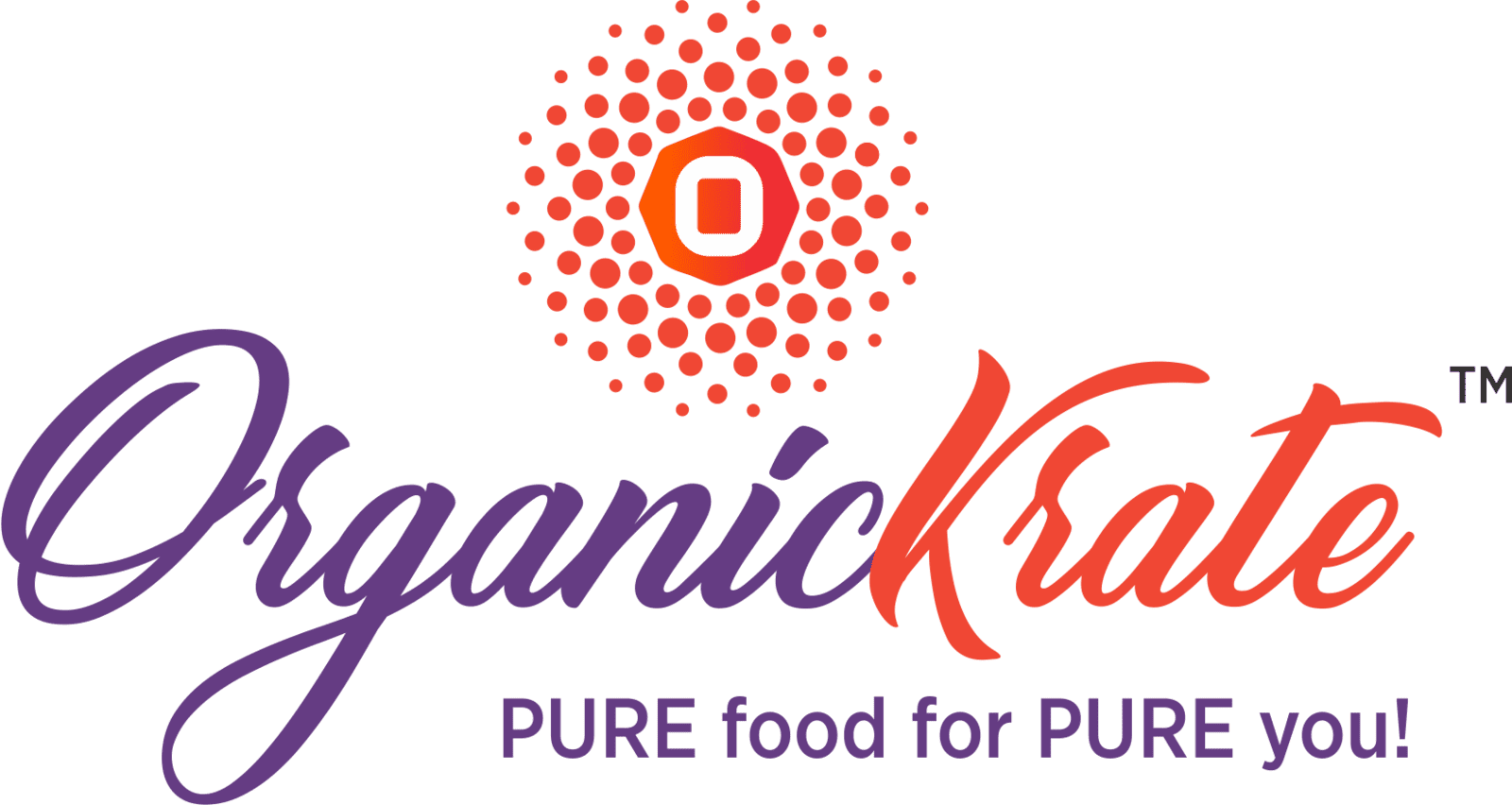Organic Agriculture is a production system that sustains the health of soils, ecosystems, and people. It relies on ecological processes, biodiversity and cycles adapted to local conditions, rather than the use of inputs with adverse effects. Organic Agriculture combines tradition, innovation, and science to benefit the shared environment and promote fair relationships and good quality of life for all involved. Unlike conventional farming, this integrated and sustainable farming methodology does not employ the usage of harmful synthesized chemicals and GMO inputs for cultivation. Organic farming is free from high investment inputs and does not distort the natural soil profile. This makes organic farming healthier, safer, and economically more beneficial to both farmers and buyers. Most of us would have carried the impression that buying organic foods is a bit heavier on the pocket but here is how buying organic food can turn out to be beneficial to our health and our economy as well.
The harsh fertilizers, GMO’s and pesticides utilized in conventional farming contain elevated levels of harmful chemicals like lead, arsenic, mercury, formaldehyde, and a lot more [1]. The use of these may initially provide a good outcome but with continued use, they tend to take away the natural fertility of soil leaving it unsuitable for further agriculture. The continued application of these harsh inputs to soil causes serious soil degradation, compaction, loss of organic matter in the soil, and nitrogen leaching. In addition to taking away the soil’s soul, it also poses threat to water and air as well by the release of greenhouse gases, contaminant outflow to freshwater, and eutrophication [2]. The entire ecosystem turns out to be unfit for existence thus affecting the lives of the farmers.
Contrary to conventional farming practices, organic farming adopts techniques like the use of natural manure, cow dung fertilizers, compost, crop rotation, cover crops and such for cultivation. This reduces the high cost investment on the inputs, reduces fossil fuels exhaustion, brings down the social costs associated with erosion, improves biodiversity, by not disturbing the balance in the ecosystem, and protects the productivity of the land for future generations thus giving higher profit over conventional farming [3]. Even considering the unlikely scenario of crop failure, the loss incurred by the farmers turns out to be considerably lower than that with inorganic farming as the chemicals used are highly expensive. As the demand for organic products is on the rise around the world with health awareness and changes in lifestyle, there’s a rise in the income of the farmers and the GDP too.
The implementation of organic farming has a progressive effect on economic, environmental, and biological systems. The benefits are not just restricted to the farmers but extend to the entire value chain. Organic farming positively impacts the GDP and the export earnings of the country which in turn enhances the standard of living. Believe in the power of organic magic that’s a healthy buy for a visionary future.
“Every time you buy organic you are pushing someone to grow organic and uplift their lives.” Go organic with OrganicKrate!


